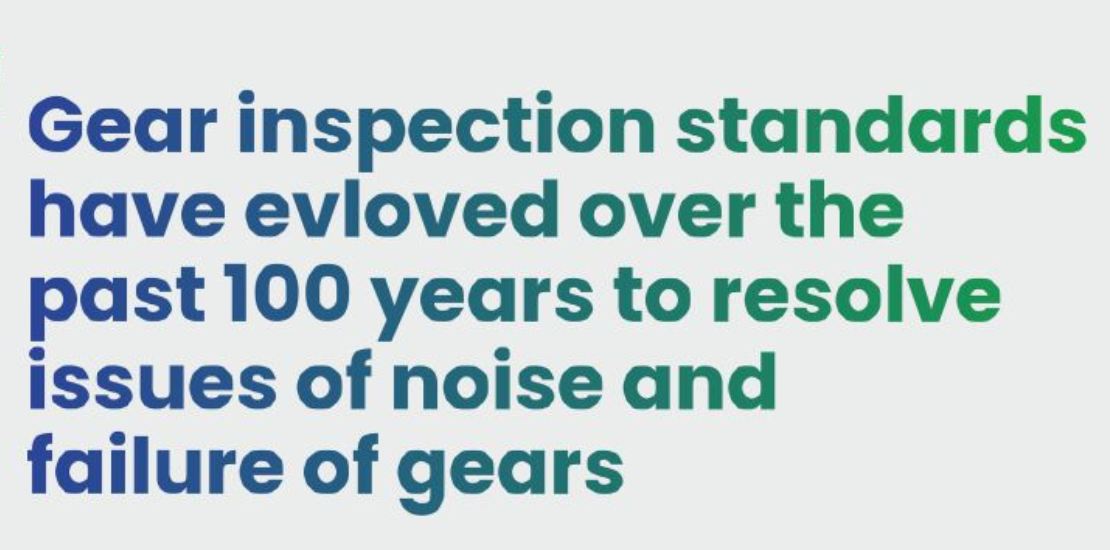Gear standards that govern the design and size of gear have ensured a smooth functioning for machines today. However, these standards have evolved over the past 100 years. In the 20th century, gear manufacturers were experimenting with various materials to create automotive gears with less noise. However, the lack of proper standards, especially for non-metallic gears often hampered the goal. Various bodies of gear manufacturers were formed to write gear standards in order to resolve issues such as noise and failure of gear resulting in accidents in extreme cases.
At CalibroMeasure, we strive to ensure that your gear inspection process is efficient and accurate so that your gears meet the criteria set by standardization organizations.
The present article in this blog series looks at various organizations that govern gear standards around the world.
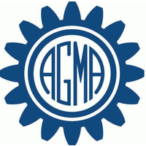
AGMA-American Gear Manufacturer’s Association | Founded 1916
AGMA is authorized by the American National Standards Institute to regulate the standards in gears. Currently, more than 495 gear manufacturing companies are its members. AGMA standards are used in US, Canada and Mexico. In addition, International Standard Organization (ISO) recently appointed AGMA as the Secretariat for Technical Committee 60. This committee is responsible for developing all international standards related to gears. AGMA now chairs around one-third of all the active ISO working groups related to gears. Some of the most important AGMA gear standards include AGMA 2001; AGMA 6011; and AGMA 6013 among others.

DIN-Deutshce Institute fur Nrmung | Founded 1917
Originally called Standardization Committee for German Industry, the organization received its present name in 1975. In the same year, it was recognized by the Federal Republic of Germany as the official standard body of the country. Today, DIN is a member of ISO on behalf of Germany. DIN writes standards for various products, one of which are gears. Some of the DIN standards are accepted in the rest of Europe as well as by the ISO. Examples of significant gear standards of DIN include DIN 3967 which lays down the value for minimum backlash in gear design.
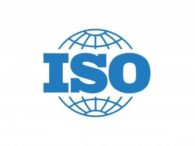
International Organization for Standardization | Founded 1947
The ISO brought out its first standard in 1951. Developing countries were included into the ISO standards fold in the 1960s. The ISO 9000 family, of which ISO 9001 is a part, first appeared in 1987. It is perhaps the world’s best known standard today. ISO standards govern a number of products including gears. Some of the most prominent ISO standards for gears include ISO 6336, ISO 21771:2007 and ISO 53:1998 among others. These regulations are made by a dedicated technical committee designated as TC 60.

API- American Petroleum Institute | Founded 1919
API was founded in 1919 to improve the state of safety in the American oil and gas industry. Over the years, the organization has come to set the standards for a number of products used in the oil and gas industry. Many API standards are accepted around the world. Today, the API has more than 700 different standards to its credit. Key gear standards developed by the API include API 613; API 617; API 672; and API 677
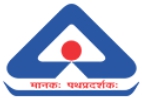
The Bureau of Indian Standards (BIS) | Founded in 1987
BIS was established in 1987 by the government of India. In 2017, it was made the central standardization body of the country. The organisation works to certify various commodities including gears in India.
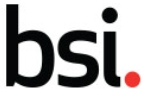
British Standards Institution (BSI Group) | Founded in 1901
Originally founded as an Engineering Standards Committee, this body began to provide standardization services across various businesses and adapted the name BSI group. Under the direction of the Standards Policy and Strategy Committee, the BSI group works with the ISO TC 60 technical committee to implement gear standards.
Conclusion
Proper inspection of gears is very important to ensure that the gears meet the prescribed international standards. CalibroMeasure works to make gear inspection more accurate and efficient by providing solutions to automate gear inspection process. Reducing the loss caused by human errors during inspection, and significantly improving the quality of output with automation is a considerable gain for businesses in the long run.
To know more about how our gear inspection automation solutions could aid your business, reach out to us at: sales@calibromeasure.in or give us a call at +918975767905/+919822032062

